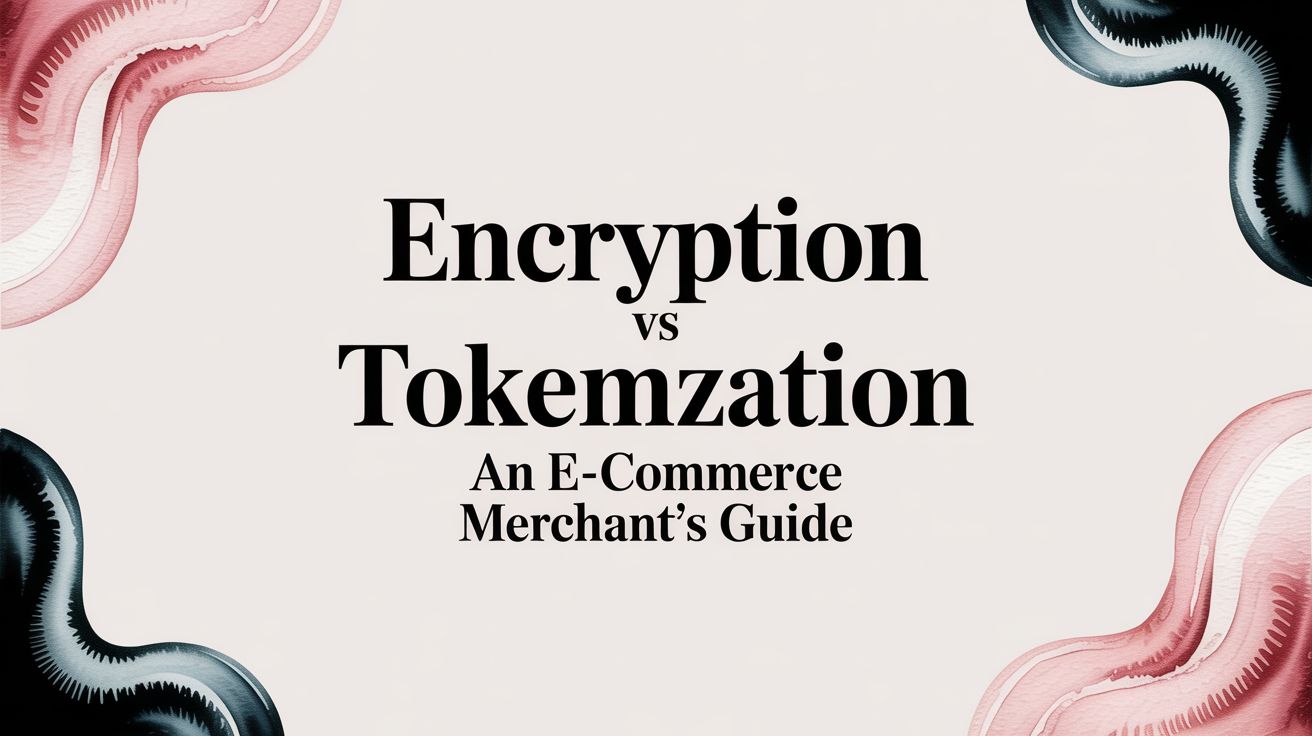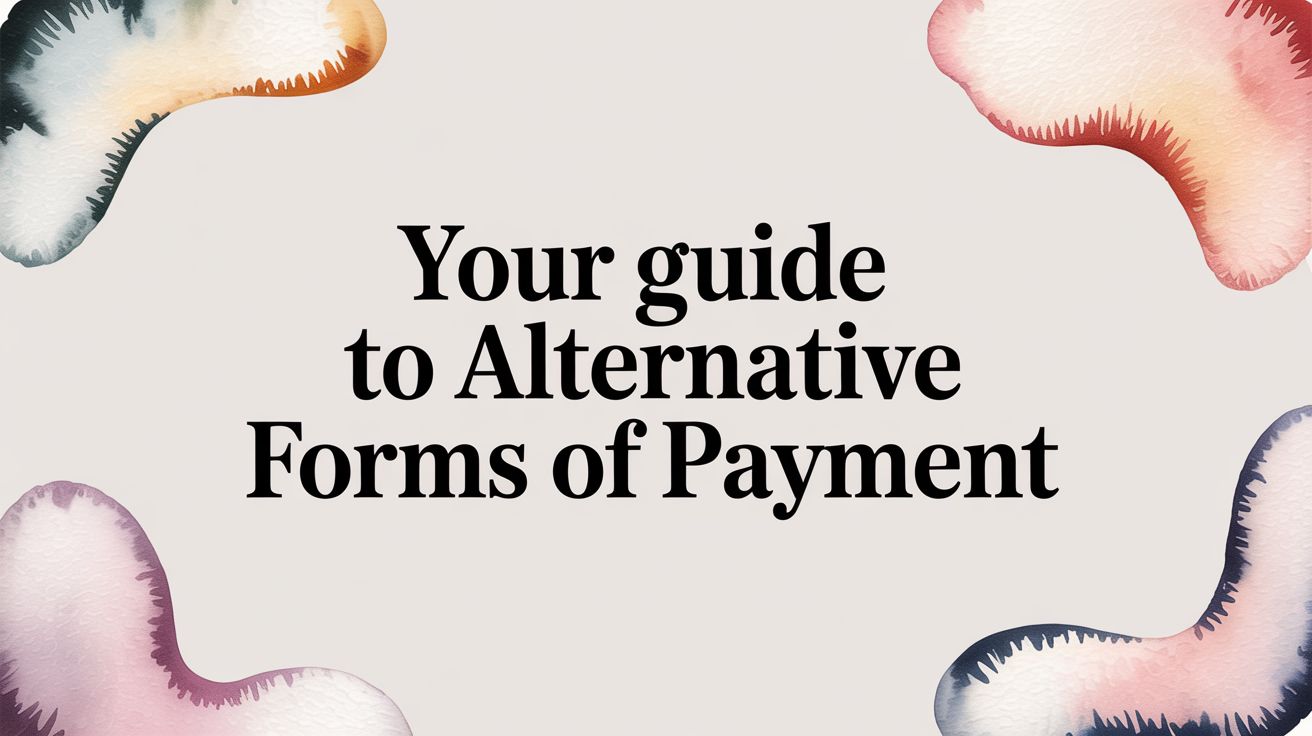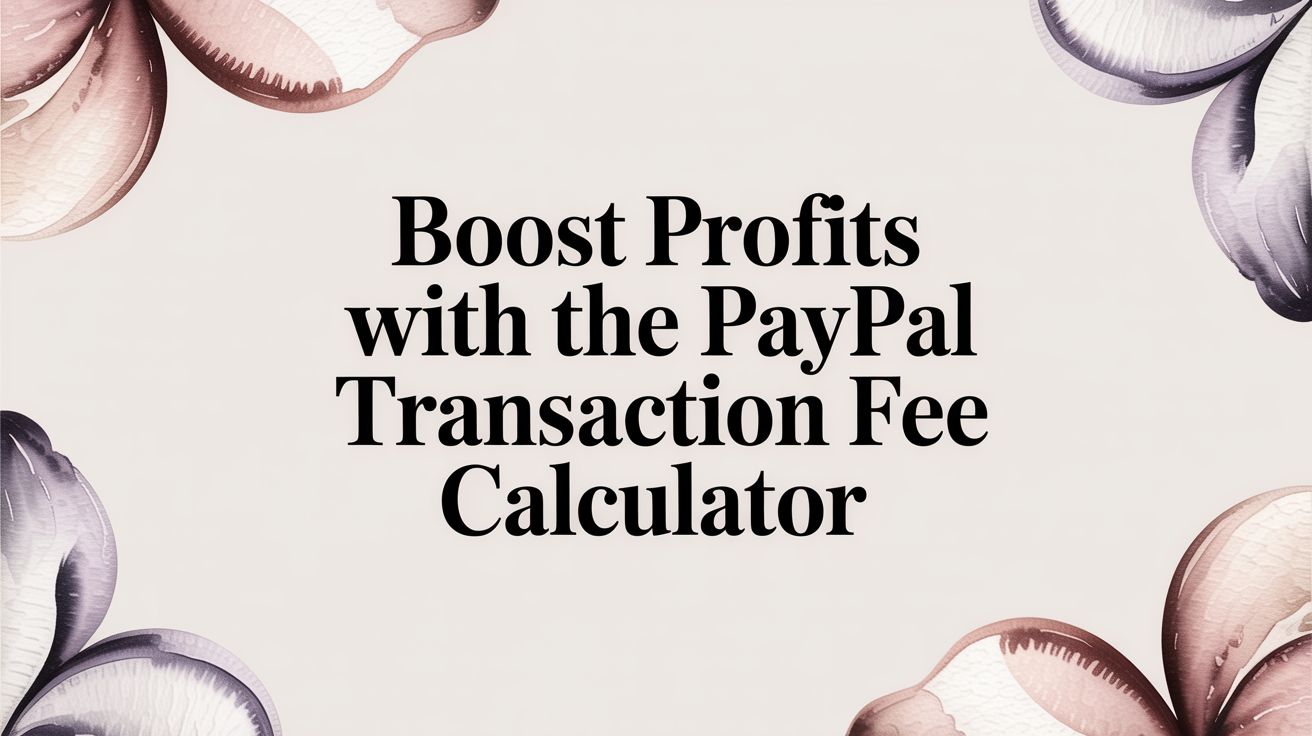
A PayPal chargeback scam refers to deceptive practices employed by individuals with the intent to exploit the chargeback process facilitated by PayPal. A chargeback is a consumer protection mechanism that allows buyers to dispute transactions on their credit or debit cards.
Scammers, however, manipulate this system by making fraudulent claims of unauthorized transactions, product non-receipt, or defective items, aiming to secure a refund while retaining the purchased goods or services.
How These Scams Work?
If you've ever used PayPal for your business transactions, it's crucial to stay vigilant against potential chargeback scams that could threaten your hard-earned profit. Let’s get into the common tactics scammers use to execute PayPal chargeback scams.
Let's break it down:
1. Setup
Scammers employ various tactics during the setup phase of PayPal chargeback scams. It often involves creating a deceptive account to appear as a legitimate buyer.
They may use fake PayPal accounts, impersonate trustworthy buyers, or utilize phishing techniques. Through these methods, scammers aim to establish a false sense of security, luring sellers into believing they are engaging in a genuine transaction.
2. Transaction
In the transaction phase, scammers proceed with seemingly normal purchases, playing the role of buyers. This is a critical point where sellers need to exercise caution, especially when dealing with unfamiliar buyers.
Scammers may intentionally choose items that seem less likely to raise suspicion, making it imperative for sellers to remain vigilant and thoroughly vet their customers to identify potential red flags.
3. Chargeback Claim
Exploiting the chargeback process is a key element of PayPal chargeback scams. After completing the transaction, scammers initiate a chargeback by falsely claiming non-receipt of items, asserting subpar quality, or citing other reasons to dispute the payment.
This manipulative tactic puts sellers in a vulnerable position, as they must navigate the chargeback resolution process, facing potential financial losses and damage to their reputation.
Top 10 PayPal Chargeback Scams to Know as A Seller
Understanding the details of PayPal chargeback scams is crucial for sellers navigating the online marketplace. As sellers strive to secure their transactions and protect their assets, it's essential to be aware of the specific tactics employed by scammers.
By gaining insights into these deceptive practices, sellers can fortify their defenses and adopt proactive measures to safeguard their businesses.
Let's explore these scams in detail to empower sellers with the knowledge needed to navigate the complexities of online transactions.
1. PayPal Shipping Address Scam
In this scam, fraudsters provide a fake shipping address, leading sellers to ship items to a non-existent location. Once the buyer claims non-receipt, sellers face chargebacks.
To avoid this, sellers should verify shipping addresses carefully and use reliable delivery services with tracking to provide evidence of delivery.
2. PayPal Overpayment Scam
Scammers intentionally overpay for an item and then request a refund for the excess amount. Sellers should exercise caution with such transactions, refunding only the agreed-upon amount. Verifying the legitimacy of the overpayment is crucial to prevent falling victim to this scam.
3. PayPal Pishing Scam
Phishing scams involve scammers sending deceptive emails or messages, posing as PayPal. Sellers should be wary of clicking on links or providing information through these channels.
It's essential to verify any communication directly on the PayPal platform to prevent falling for phishing attempts.
4. Hacked PayPal Scam
In this scam, scammers gain unauthorized access to PayPal accounts, making transactions without the account holder's knowledge.
Sellers should regularly monitor their PayPal accounts for any suspicious activity and implement robust security measures to prevent unauthorized access.
5. PayPal Fake Email Scam
Scammers send emails that appear to be from PayPal, tricking sellers into taking actions that compromise their accounts.
Sellers should be cautious and verify the legitimacy of emails by directly logging into their PayPal accounts, rather than clicking on links in the emails.
6. Fake PayPal Account
Fraudsters create fake PayPal accounts for transactions, leading to potential chargebacks. Sellers should thoroughly verify buyer information, such as contact details and transaction history, to ensure the legitimacy of the buyer and reduce the risk of falling victim to this scam.
7. Donation Scam
Scammers exploit sellers' goodwill by making fake donations and later initiating chargebacks. Sellers should exercise caution when receiving unexpected donations, validating the legitimacy of donation requests, and being aware of potential scams.
8. Fake Invoice Scam
Scammers send sellers fake invoices for non-existent goods or services, leading to chargeback claims. Sellers should double-check the details of invoices, verify the legitimacy of the buyer, and exercise caution when dealing with unfamiliar parties to avoid falling victim to this scam.
9. PayPal Fake Gift Scam
Scammers may mark purchases as gifts to exploit PayPal's buyer protection policies. Sellers should scrutinize transactions labeled as gifts, verify buyer information, and be cautious of potential scams designed to take advantage of this classification.
10. eBay Paypal Chargeback Scams
Scammers on eBay may exploit PayPal chargeback processes to deceive sellers. Sellers should exercise extra caution, particularly when dealing with unfamiliar buyers on eBay, and implement additional verification measures to mitigate the risk of falling victim to eBay-related chargeback scams.
10 Ways to Identify Such Scams
By adopting a vigilant and proactive approach, sellers can bolster their defenses against deceptive practices. Let's get into key methods to discern and thwart these scams, empowering sellers to navigate the digital marketplace securely.
1. Verification of Shipping Information
Scrutinize shipping details for inconsistencies or unusual addresses. Legitimate buyers typically provide accurate and consistent shipping information. Verify credit card keep in touch with the shipping company and always keep the proof of delivery.
2. Thorough Transaction Review
Examine transaction details meticulously. Unusual buying patterns, rushed purchases, or unexpected changes in transaction amounts may indicate potential scams.
3. Communication Validation
Verify communication authenticity. Official PayPal messages are accessible within the platform. Be cautious of unsolicited emails or messages requesting sensitive information.
4. Regular Account Monitoring
Consistently monitor your PayPal account for any unauthorized or suspicious activities. Promptly address and investigate any discrepancies.
5. Scrutiny of Buyer Information
Verify the legitimacy of buyers by checking their transaction history, contact details, and feedback. Scammers often have limited or dubious information.
6. Alerts for Overpayment Requests
Exercise caution with overpayment requests. Scammers may intentionally overpay and request refunds, leading to potential chargebacks.
7. Immediate Resolution Center Engagement
Act swiftly in addressing disputes through the PayPal Resolution Center. Timely responses and resolution attempts can prevent chargeback escalations.
8. Confirmation of PayPal Emails
Verify the authenticity of PayPal emails directly on the platform. Avoid clicking on links or responding to emails that seem suspicious.
9. Review of Donation Requests
Scrutinize unexpected donation requests. Validate the legitimacy of such requests, especially when they deviate from typical transaction patterns.
10. Extra Vigilance in High-Risk Transactions
Exercise additional caution in high-risk transactions, such as those involving large sums or unfamiliar buyers. Implement extra verification steps to mitigate potential scams.
PayPal Scam Stories: Learn from Other Experiences
Real-life experiences shed light on the challenges users face with PayPal chargeback fraud, offering valuable lessons for others.
A Reddit user shared a cautionary tale involving a PayPal chargeback scam. Despite diligently following seller protection measures, the buyer exploited an "unauthorized purchase" chargeback through their bank.
The seller, who shipped the item with secure methods, found themselves without PayPal's protection in the face of external financial institution involvement. This story highlights the vulnerability sellers may face, even when adhering to recommended transaction precautions.
By exploring such narratives, users can glean insights into potential pitfalls and develop strategies to protect themselves from similar scams in the future.
How Does PayPal Deal With Scams and Such Activities
PayPal recognizes the significance of protecting sellers from scams and fraudulent activities. The platform employs a multifaceted approach to address and mitigate these challenges. Here's an overview of how PayPal deals with scams:
1. Fraud Detection Technology
PayPal employs advanced fraud detection technology to identify and flag potentially suspicious transactions. This technology analyzes patterns, behaviors, and transaction details to detect anomalies indicative of fraudulent activities.
2. Seller Protection Program
PayPal offers a Seller Protection program designed to safeguard sellers against certain types of fraudulent claims and chargebacks. Sellers meeting eligibility criteria can benefit from this additional layer of protection.
3. Transaction Monitoring
PayPal continuously monitors transactions to identify and prevent unauthorized or suspicious activities. Unusual patterns or high-risk transactions trigger additional scrutiny, allowing PayPal to take prompt action.
4. Resolution Center
In cases of disputes or scams, PayPal provides a Resolution Center where users can escalate issues, submit evidence, and seek resolution. The platform facilitates communication between buyers and sellers to address concerns.
5. Educational Resources
PayPal invests in educating its users about potential scams and best practices for secure transactions. Access to resources and guidelines helps users stay informed and proactive in safeguarding their accounts.
6. Account Security Features
PayPal encourages users to implement robust security measures, including two-factor authentication and regular password updates. These features add an extra layer of protection to user accounts.
How To Protect Yourself From PayPal Chargeback Scammers?
Safeguarding against PayPal chargeback scammers requires a proactive and informed approach. Let's explore targeted strategies designed to enhance your protection against potential scams.
By adopting these measures, you can fortify your defenses and navigate the digital marketplace with confidence, minimizing the risk of falling victim to PayPal chargeback scams.
1. Thorough Transaction Documentation
Keep detailed records of transactions, including shipping information, communication history, and any supporting evidence. This documentation serves as crucial evidence in the event of a chargeback dispute.
2. Use Reliable Shipping Services
Opt for trusted shipping services with tracking capabilities. Providing tracking information adds an extra layer of evidence, proving that the purchased item was delivered as promised.
3. Screen High-Risk Transactions
Exercise caution with high-risk transactions, such as unusually large orders or purchases from unfamiliar buyers. Implement additional verification steps to ensure the legitimacy of the transaction.
4. Communication within PayPal Platform
Conduct all communication, especially critical discussions related to transactions, within the PayPal platform. Avoid engaging in transactions initiated outside of the official PayPal channels.
5. Verify Buyer Information
Scrutinize buyer information, including transaction history and contact details. Be wary of incomplete or suspicious information that may indicate potential scammers.
6. Educate Yourself on PayPal Policies
Stay informed about PayPal's policies, especially those related to chargebacks and dispute resolution. Understanding the platform's rules empowers you to navigate potential issues effectively.
7. Implement Additional Security Measures
Strengthen the security of your PayPal account by enabling two-factor authentication and regularly updating your password. These measures add an extra layer of protection against unauthorized access.
8. Prompt Response to Resolution Center
If a dispute arises, respond promptly to the PayPal Resolution Center. Provide all necessary documentation and evidence to support your case and demonstrate the legitimacy of the transaction.
9. Regularly Monitor Account Activity
Keep a vigilant eye on your PayPal account for any unauthorized or suspicious activity. Regular monitoring enables you to detect and address potential issues early on.
10. Stay Informed About Scam Tactics
Educate yourself on evolving scam tactics and be aware of common red flags. Staying informed enhances your ability to identify potential scams before they escalate.
By incorporating these targeted strategies, you can significantly reduce the risk of falling victim to PayPal chargeback scammers and enhance the overall security of your transactions.
Got Scammed? Things To Follow After Such Event
Experiencing a scam on PayPal can be disconcerting, but knowing the appropriate steps to take is crucial for resolution. Here's a guide on what to follow after falling victim to a PayPal chargeback scam:
1. Gather Evidence
Collect all relevant evidence, including transaction records, communication with the buyer, and any documentation supporting the legitimacy of the transaction.
2. Contact PayPal Immediately
Report the scam to PayPal through the Resolution Center as soon as possible. Provide a detailed account of the incident, attaching the gathered evidence to support your case to fight a chargeback dispute properly.
3. Follow PayPal's Dispute Process
Engage in PayPal's dispute resolution process. Clearly articulate your side of the story and present the evidence you've collected. Respond promptly to any requests for additional information.
4. Stay Calm and Professional
Maintain a calm and professional demeanor in your communication with PayPal. Clear and concise communication enhances your chances of a favorable resolution.
5. Consider Legal Advice
If the situation escalates or you encounter difficulties resolving the issue, consider seeking legal advice. Consult with professionals familiar with online transaction disputes.
By following these steps, you can navigate the aftermath of a PayPal chargeback scam more effectively, increasing the likelihood of a resolution in your favor.
Refunds for Merchant Scams Victims
For individuals who have fallen victim to merchant scams on PayPal, seeking refunds is a critical step in recovering losses. Start by thoroughly documenting the scam, including transaction records, communication with the seller, and any evidence proving the fraudulent nature of the transaction.
Contact PayPal promptly through the Resolution Center, providing comprehensive details and attaching gathered evidence. Actively engage in the dispute resolution process, responding promptly to inquiries, and monitoring progress. If necessary, escalate the dispute to a PayPal claim for formal intervention.
Stay vigilant on communication, be aware of PayPal's Seller Protection policies, and seek legal advice if complications persist. By following these steps, victims can enhance their chances of obtaining refunds and mitigating the financial impact of merchant scams.
Manage and Fight PayPal Chargeback with ChargePay
ChargePay, the trusted choice of over 300,000 businesses, presents an effortless solution for PayPal chargeback management. In just three simple steps, install the 'ChargePay' app, link your PayPal account, and enjoy automated resolution, increased profitability, and swift revenue recovery.
Our AI-driven platform tackles common challenges like "Item not received" and "Unauthorized transactions" while offering PredictScore® for informed decisions and proactive chargeback alerts. With success-based pricing and tailored solutions for various sectors, ChargePay is your key to efficient chargeback management and financial resilience.
Boost earnings in eCommerce, streamline services in Professional sectors, and ensure uninterrupted joy in Entertainment. From Gaming to Health Care, Ticketing to Travel, ChargePay adapts to your industry's unique needs.
Join the ranks of successful businesses and experience the ChargePay difference – where success is measured in efficient chargeback management, swift dispute resolution, and automated revenue recovery. Ready to revolutionize your business? Start your ChargePay journey today!







.svg)







.svg)
.svg)
.svg)